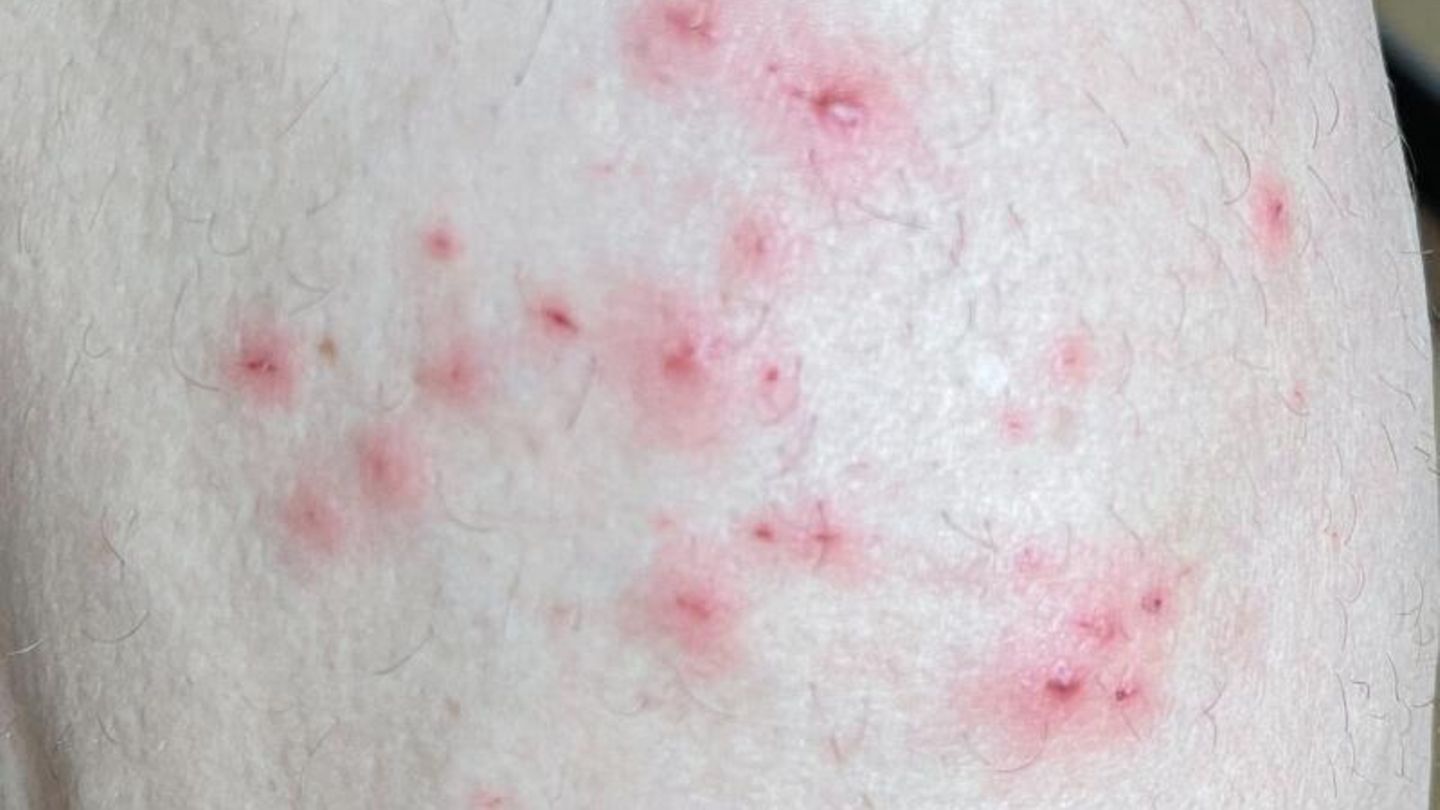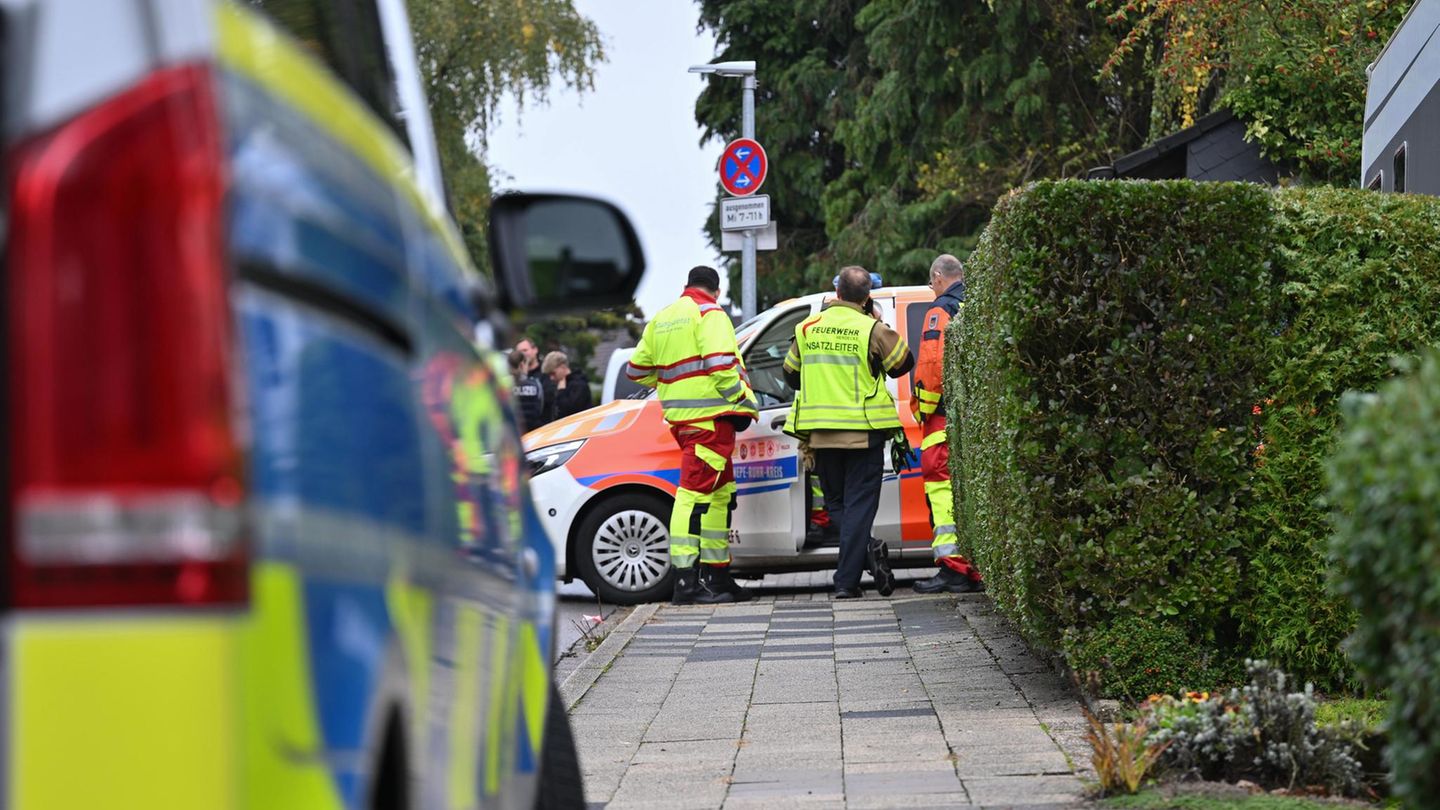The World Health Organization is increasingly concerned about the monkeypox that is spreading globally and has now declared the highest alert level. How dangerous is the situation in Germany at the moment?
The experts did not really agree. Declaring a public health emergency due to the monkeypox outbreak was not the right decision for everyone on the emergency committee. In the end, however, it was decided to play it safe. After all, as the head of the World Health Organization (WHO) Tedros Adhanom Ghebreyesus calculated in Geneva, the number of confirmed diseases has multiplied since the end of June. The number of monkeypox cases has now risen to more than 17,000, people in 75 countries are affected and five have died from the disease. The consequence: highest alert level.
The WHO has thus pulled out all the stops it can pull out. More is not possible. The classification is to be understood as a call to action. Now it is up to the member countries to follow up with action. If they don’t, the declared public health emergency is no further than a toothless tiger. Because the classification alone has no practical consequences. “It is not our first appeal. WHO has been highly active since day one of the unusual monkeypox outbreak. Now it is a matter of stepping up action. The world must act – and act as one,” said Mike Ryan, head of the WHO Crisis Emergencies Program. “Today’s decision means we have to step on the gas to get this disease under control.”
Current monkeypox situation in Germany
The RKI has not yet classified the outbreak situation in Germany as worrying. “According to current knowledge, the RKI assesses the risk to the health of the general population in Germany as low,” can be read on the institute’s website. The first cases of monkeypox were discovered in Germany in May. By Friday, 2268 people had been infected across Germany. That’s the official numbers. In the vast majority of cases, men fall ill, so far only five female cases have been confirmed in Germany. Children in Germany are not yet affected by the outbreak either.
According to the current state of knowledge, close contact is necessary for infection. According to a study published Thursday in the New England Journal of Medicine, 95 percent of monkeypox cases are sexually transmitted. In fact, most transmissions in Germany are currently taking place in the context of sexual activities, according to the RKI. Mainly affected. Men who have sex with other men. However, the pathogen is not interested in the sexual orientation of its “victim”. In principle, the disease can affect anyone. Study author John Thornhill also pointed out: “It is important to emphasize that monkeypox is not an STD in the traditional sense; it can be transmitted through any kind of close physical contact.”
Those infected with monkeypox usually have a mild course
Anyone who becomes infected must expect symptoms similar to those of smallpox. These include fever, headache and muscle pain, chills and swollen lymph nodes. In addition, sometimes very painful skin changes develop in the form of spots and pustules, which crust over time and fall off. The rash mainly appears on the face, palms and soles of the feet. However, skin and mucous membrane changes in the mouth, genitals and eyes are also possible. The skin changes usually last between two and four weeks and heal on their own without treatment. In most cases, those affected do not become seriously ill, at least as far as is known, and recover within weeks. But severe courses are also possible. In particular, newborns, children, pregnant women, the elderly and people with immunodeficiency can become seriously ill. Possible complications include skin infections, pneumonia, confusion, and eye infections that can lead to vision loss.
In the case of monkeypox, the symptoms are primarily treated. In addition, a drug has now been approved in the EU for treatment that is actually used for so-called orthopox. In addition, it has now been found that the general smallpox vaccination is also effective against monkeypox. The vaccine is therefore 85 percent effective. However, since smallpox has been considered eradicated for decades, it has been a long time since smallpox has been vaccinated against. However, vaccination is recommended in Germany for certain risk groups. According to RKI estimates, around 130,000 people in Germany have an indication for vaccination against monkeypox. However, there is currently a lack of vaccine doses.
Source: , with information from agencies
Source: Stern




